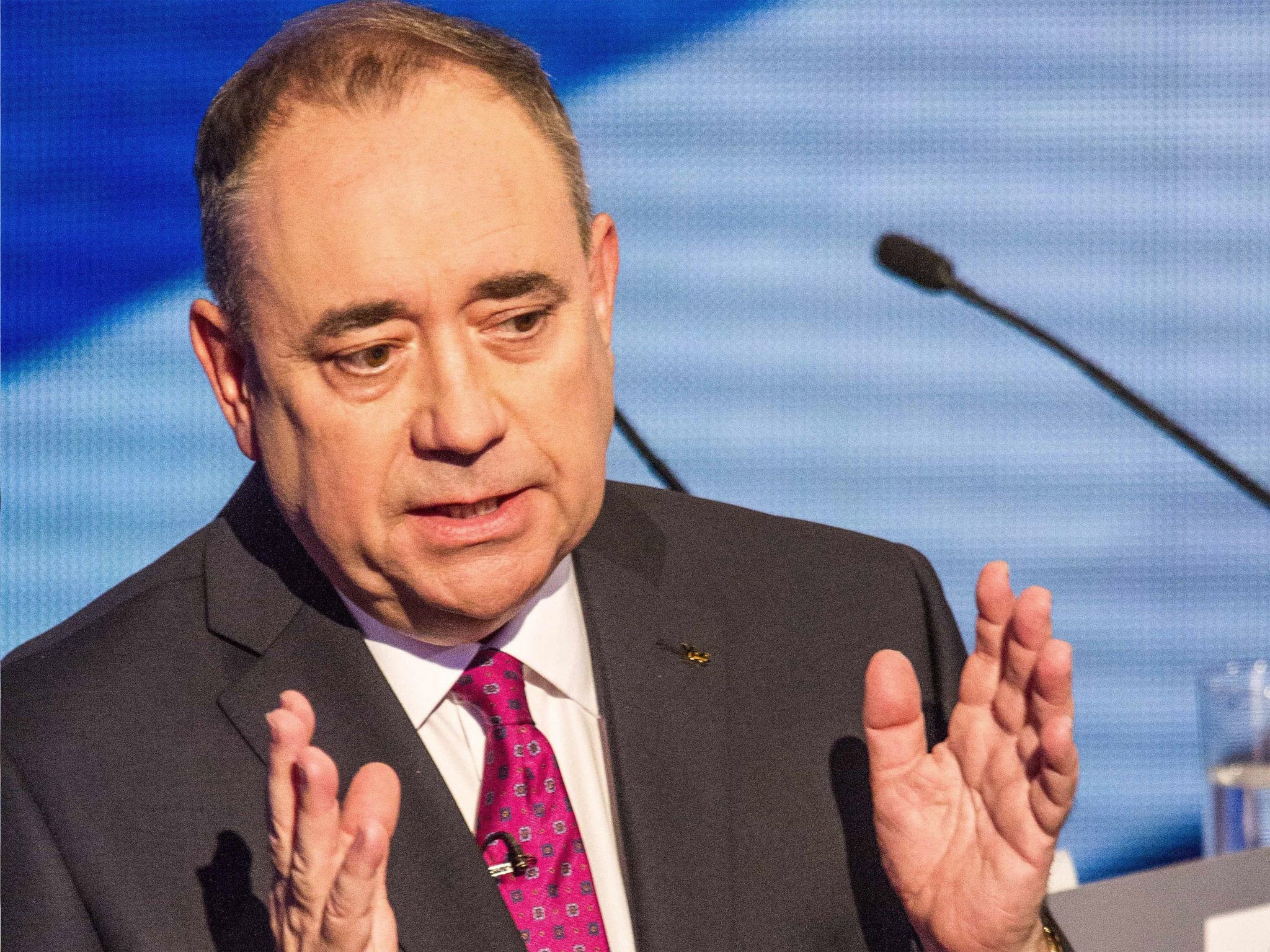Scottish independence referendum: Yes campaign admits it needs to change tactics to win

Your support helps us to tell the story
From reproductive rights to climate change to Big Tech, The Independent is on the ground when the story is developing. Whether it's investigating the financials of Elon Musk's pro-Trump PAC or producing our latest documentary, 'The A Word', which shines a light on the American women fighting for reproductive rights, we know how important it is to parse out the facts from the messaging.
At such a critical moment in US history, we need reporters on the ground. Your donation allows us to keep sending journalists to speak to both sides of the story.
The Independent is trusted by Americans across the entire political spectrum. And unlike many other quality news outlets, we choose not to lock Americans out of our reporting and analysis with paywalls. We believe quality journalism should be available to everyone, paid for by those who can afford it.
Your support makes all the difference.Alex Salmond will change tactics in the next televised referendum debate and be “more expansive” on the currency options an independent Scottish treasury would face if Westminster rejected sharing the pound, according to advisers close to the First Minister.
Widely regarded as having lost Monday night’s head-to-head in Glasgow against Alistair Darling, the Yes campaign’s quiet admission that Mr Salmond now needs to offer detail about how a new Scottish currency or the euro could work, is an acknowledgement that the predicted triumph over the former chancellor didn’t happen.
Both the Yes and No camps have now agreed in principle to a second televised debate. It will take place on 25 August, and be organised and broadcast by BBC Scotland. Negotiations are continuing on what format the debate will have.
The morning-after mood in the Better Together headquarters in Glasgow was upbeat and confident that a significant hurdle had been successfully negotiated. However those close to Mr Salmond claimed that although the Scottish media headlines had been bad – ‘Alex takes a Pounding’, ‘A Bloody Nose for Salmond’ ‘Salmond Stumbles’ – an ICM poll taken before and during the televised debate showed a narrow increase in support for independence.
One senior adviser told The Independent: “On issues like social justice, Trident, the bedroom tax, getting the government that Scotland voted for – what Alex said resonated with undecided voters.”
However a close reading of the ICM poll pointed to a Salmond-Darling draw once the don’t-know voters of the small sample had been excluded: 47 percent supported Yes before the debate began, and 47 percent supported Yes after the debate ended.
During the often heated exchanges in the Athenaeum Theatre of Royal Conservatoire of Scotland, many in the audience booed the First Minister when he failed to outline any fallback position that would be necessary if Westminster rejected sharing the pound with an independent Scotland.
In angry and highly personalised attacks, Mr Darling said “Any eight-year-old can tell you the flag of a country and its capital. But you can’t tell us what currency we will have.”
Mr Salmond simply repeated that the pound “belonged” to Scotland as much as the UK and that it would be “logical” for Scotland and the rest of the UK to continue to jointly use it.
Mr Salmond’s refusal to expand on what a currency plan B would look like, and to stick to the pound as the only option, was described by one adviser as necessary “to get this clear message on currency across”.
However he explained that the next BBC debate will see the First Minister “be a bit more expansive” on other options such as the euro, the creation of new separate Scottish currency, and the possible that Scotland could trail Sterling in the way other countries follow the US dollar. But he added “Alex’s explanation will show that retaining the pound in a currency union is what will happen”.
John McTernan, the former Downing Street political adviser to Tony Blair, who had predicted that Mr Salmond would win the debate, said he lost "because ordinary voters don’t share his conviction that everything will be ‘alright on the night’. Next time round he must show humility and answer the questions of the undecided”.
The political satirist Armando Iannucci, who wrote The Thick of It described the whole debate as being too focused on current political questions. He said “I’m disappointed by the lack of ambition [in the whole debate]. Scotland is voting on what will happen in the next 100 years, and yet both men [Darling and Salmond] are looking ahead at the next two or three years.”
Join our commenting forum
Join thought-provoking conversations, follow other Independent readers and see their replies
Comments